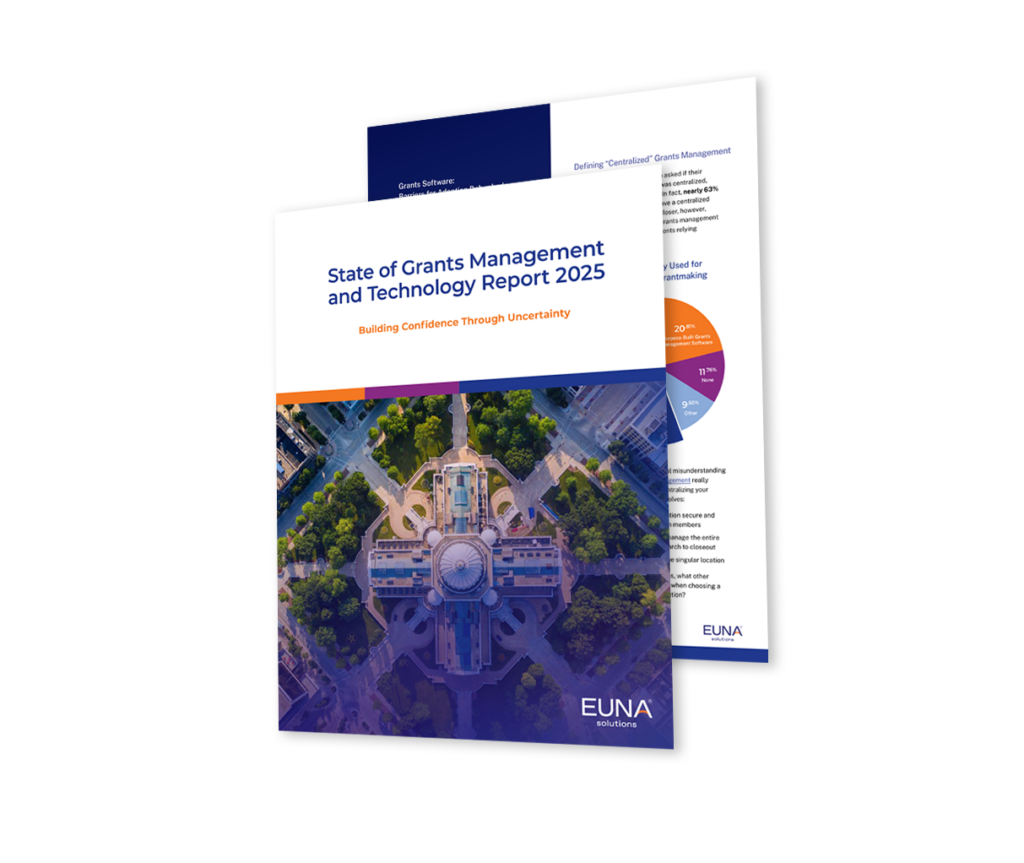
Betsey Helfrich & Anne Bradley
Anne Bradley is a former supervising attorney at the US Department of Education Office for Civil Rights in Kansas City. Betsey Helfrich is a special education attorney in St. Louis, Missouri. Anne and Betsey offer in-person and webinar training on all aspects of Section 504. To find more information about upcoming 504 trainings visit their website at: 504solutions.com.
As the world mourns the recent loss of civil rights pioneer, Judy Heumann, a recognized leader in the disability rights community, eyes are on the US Department of Education as we await proposed new regulations implementing Section 504 of the Rehabilitation Act of 1973.
Section 504 of the Rehabilitation Act, enacted in 1973, was part of the broader civil rights movement and was the first federal legislation to protect persons with disabilities. However, it took years and a fight from civil rights activists like Judy Heumann for the regulations implementing the law to be enacted.
Despite the passage of time and technology, the regulations have remained largely untouched since enactment in 1977. While we borrow from the Americans with Disabilities Act and thereafter the Americans with Disabilities Amendments Act of 2008 for expanded coverage and definitions to protect persons with disabilities under Section 504, the Section 504 regulations themselves are sorely out of date and do not reflect the current realities of school districts, the place of technology in the lives of students, or the current mental health crisis that many students face.
New Regulations
On May 6, 2022, the U.S. Department of Education’s Office for Civil Rights (OCR) issued a press release stating its, “Intent to Strengthen and Protect Rights for Students with Disabilities by Amending Regulations Implementing Section 504.”
In its release, the Department requested members of the public submit comments and suggestions on how to improve the current regulations. Although the Department requested longer comments be submitted by June of 2022, it noted that all comments received prior to its issuance of its notice of proposed rulemaking (which will contain the actual revised proposed regulations) will be considered. You can still submit a comment at [email protected].
Accordingly, for the first time in forty-five years the 504 regulations will be amended. It is anticipated that the proposed regulations could be released at any time with a likely implementation date in 2024.
What To Expect In The New Regulations
As indicated by OCR, there will be a focus on student mental health and its impact on learning in the amended regulations. Further, the current Section 504 regulations are sparse and use outdated language. In the new regulations, it is assumed that terms such as “handicap” in the original regulations will be replaced. Also, the 504 regulations were implemented well before contemplation of our current technology usage so it is anticipated that varied modes of learning will be reflected in the regulations.
It is widely desired that the proposed regulations contain concrete timelines for the 504 evaluation and development process, whereas currently it is left up to each individual school. It is notable, however, that OCR has historically been reluctant to specify timelines for schools, given the diversity of institutions within OCR’s enforcement responsibilities and unique factors that impact them. For instance, a shorter timeline may be appropriate for a traditional brick and mortar school, but yet a school in Alaska where education professionals necessary for determining eligibility or interpreting evaluation results can only reach the school and student via plane that can only fly under certain conditions and are not necessarily present year round, may need longer timelines.
It is also helpful to consider recent guidance OCR has published and enforcement work it has engaged in when anticipating what the new regulations may include. The most recent large scale compliance reviews OCR has opened in recent years under the umbrella of 504 are focused on the restraint and seclusion of students with disabilities, or who may have disabilities but are not yet identified, and website accessibility, ensuring that individuals with disabilities are able to access online content of their school, particularly considering increased use of remote learning.
In July, 2022, OCR published several guidance documents related to student behaviors impacted by disability. It is clear from these documents that OCR is focusing on student wellbeing and ensuring students are not subject to over usage of exclusionary discipline for behaviors that are caused by their disability. Becoming familiar with these guidance documents, and reading about recent OCR resolution agreements to resolve disability-related complaints can be helpful in understanding what is important to the agency as it works to amend these regulations.
In general, clarity regarding eligibility under Section 504, timelines for development and implementation of 504 plans, and guidance regarding disciplinary protections for students with disabilities are widely desired in the new regulations.
What To Do Now To Prepare
Appoint a director of Section 504 to lead your District’s efforts with compliance. The current Section 504 regulations require that school districts designate at least one employee to coordinate the district’s efforts to comply with Section 504. 34 CFR104.7(a). Provide this director with proper training and the space to understand and implement Section 504 at your schools. Ensure that all school staff know who is in charge of 504 for the school district and can clearly identify this person if parents have inquiries regarding the process for eligibility.
Review your policies and procedures for Section 504 now and discuss with teachers, counselors, and administrators what is and isn’t working with your procedures and prepare a team to refine your procedures and adopt the new regulations once effective.
Be on the lookout for the proposed new regulations and be an active participant in the comment and public hearing process prior to final implementation and let your voice be heard.

